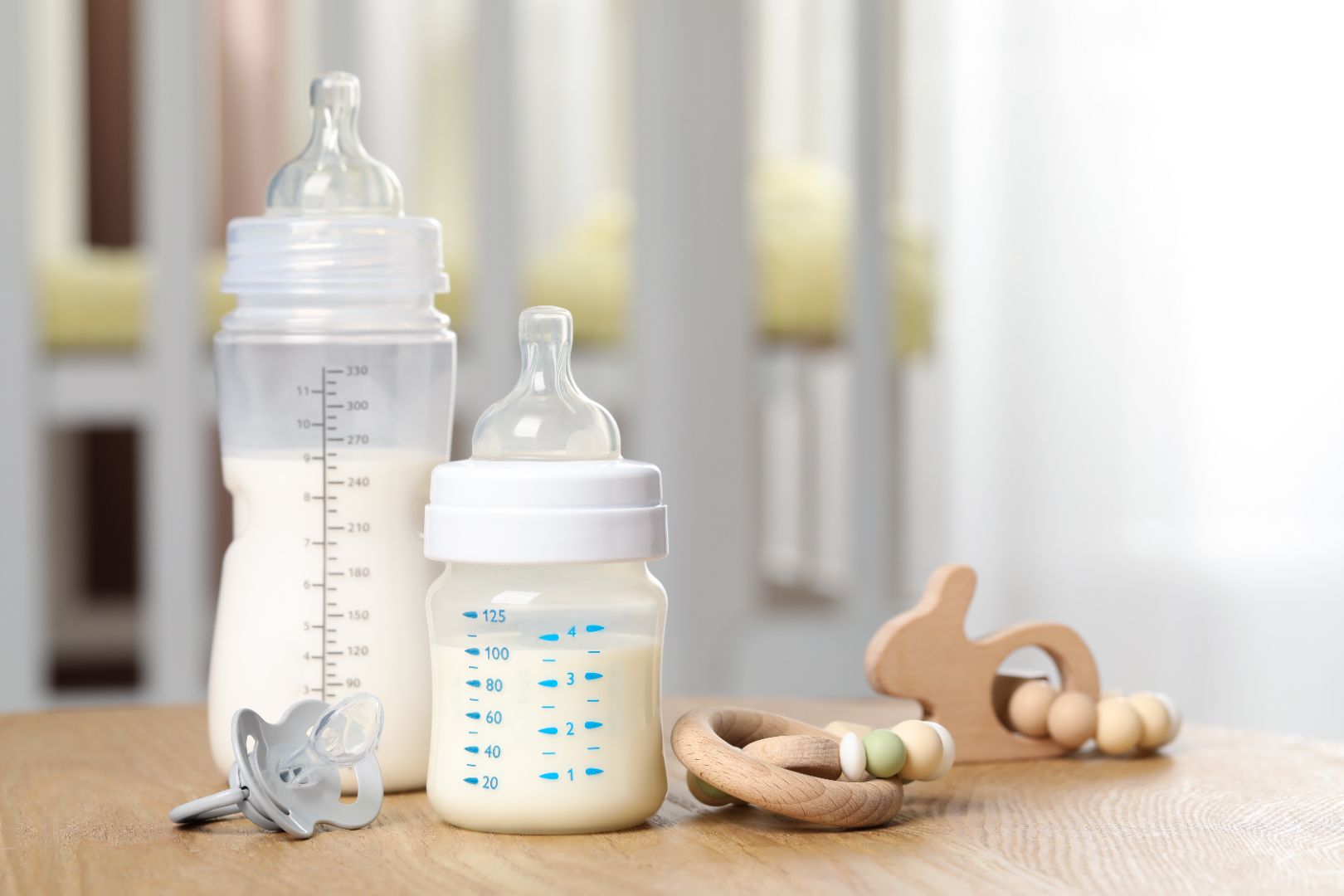Published March 15, 2024

How to Help a Gassy Baby
Dealing with a gassy baby can be a challenging and stressful experience for parents. The discomfort and pain that gas can cause in infants can lead to long, sleepless nights for both the baby and their caregivers. However, understanding the causes of gas and learning effective strategies to relieve gas can make a significant difference. This article will explore various methods to help a gassy baby, focusing on the best type of formula for gassy babies, and incorporating ideas and suggestions to provide a thorough understanding of how to alleviate discomfort that may be caused by gas.
Understanding Gas in Babies
Gas is a common concern with infants and may often be a result of air swallowed during the feeding or the digestion process. The immature digestive systems of babies make them more prone to gas pains, as their bodies are still learning to process food efficiently. Symptoms of gas include fussiness, bloating, and the baby squirming as if in discomfort. Recognizing these signs is the first step in helping your baby find relief.
Feeding Techniques to Minimize Gas
The way you feed your baby can significantly impact the amount of air they swallow and, consequently, their gas discomfort. Bottle feeding, in particular, can sometimes increase the chances of gas because the baby swallows more air if the flow of the nipple is too fast or too slow. To mitigate this, consider using bottles designed to reduce the amount of air a baby swallows, often called “anti-gas,” “anti-colic” bottles or those with a “venting system.” Additionally, always ensure the baby is in a semi-upright position during feedings to help minimize gas bubbles forming in their stomach.
When it comes to choosing the best formula for gassy babies, opt for brands with ingredients that are specifically designed to be gentle on an infant's digestive system. Some formulas are made with partially hydrolyzed proteins or A2 proteins which can be easier for babies to digest.
Natural Remedies and Techniques for Gas Relief
Several natural methods and home remedies may provide gas relief for your baby. One popular option is a probiotic supplement, which can help develop a healthy gut microbiome* Another is gripe water, a herbal remedy thought to ease gas pain and digestive discomfort in fussy babies. However, it's important to always consult with a pediatrician before administering any over-the-counter remedies to ensure they are safe for your baby.
Physical movements can also play a crucial role in helping a baby pass gas. Gently moving your baby's legs in a bicycling motion can help release trapped gas bubbles. Additionally, placing your baby on their stomach for tummy time while they are awake and supervised can also aid in gas relief by applying gentle pressure to their abdomen.
Another effective technique is to hold your baby in a position that helps relieve gas. The "colic carry," where the baby lies face down on your forearm with their head resting in your hand and their stomach pressed against your arm, can provide significant relief from gas pain.
Dietary Considerations for Breastfeeding Mothers
If you are breastfeeding, your diet might affect your baby's gas. Certain foods, such as dairy products, can cause gas in some babies. Paying attention to your diet and noticing if specific foods seem to make your baby's gas worse can be helpful. Discussing dietary changes with a healthcare provider can ensure you still get the nutrients you need while potentially reducing gas-inducing foods.
When to Consult a Healthcare Professional
While gas is typically not a serious condition, it's important to consult with a healthcare provider if your baby's gas seems excessive or is accompanied by other symptoms such as vomiting, diarrhea, or fever. These could be signs of a more serious condition requiring medical attention.
In conclusion, helping a gassy baby find relief involves a combination of proper feeding techniques, choosing the right formula, and offering natural remedies and physical movements to alleviate gas pain. Understanding the causes and symptoms of gas, along with being patient and attentive to your baby's needs, can greatly reduce their discomfort and ensure both you and your baby find peace and comfort. Always consult with a healthcare provider for advice tailored to your baby's specific health needs. By following these guidelines, you can help your baby navigate through the common, yet manageable, issue of infant gas.
*These statements have not been evaluated by the Food and Drug Administration. This product is not intended to diagnose, treat, cure or prevent any disease.
The content on this site is for informational purposes only and not intended to be a substitute for professional medical advice, diagnosis or treatment. Discuss any health or feeding concerns with your infant’s pediatrician. Never disregard professional medical advice or delay it based on the content on this page.



